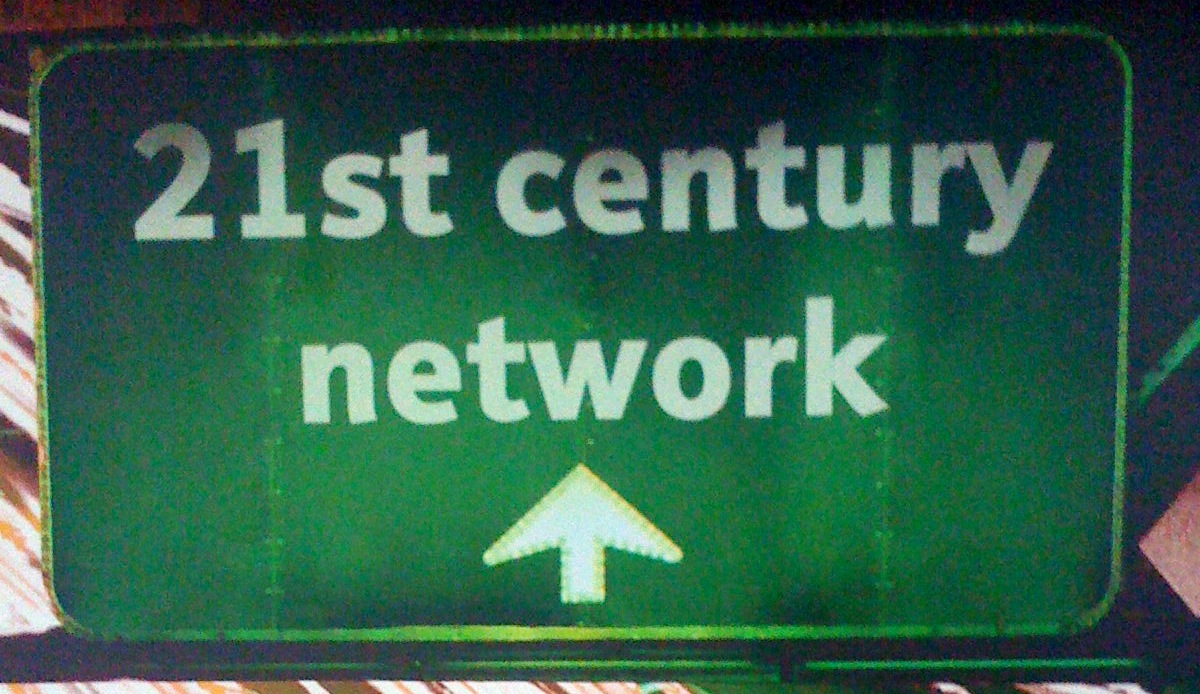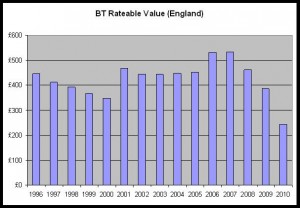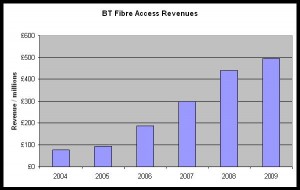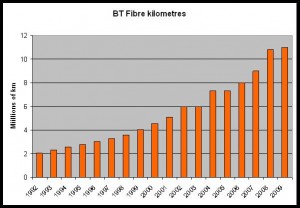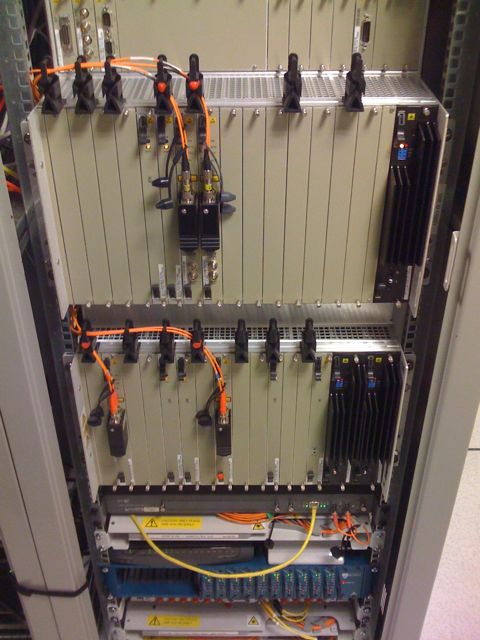Had this link sent to me via the industry grapevine today. Basically Thus is closing its “Pipecall” voip service and appears to be leaving customers to their own devices. This isn’t just a case of people going off and finding an alternative provider. They need to be able to port their numbers. Typically only BT has porting agreements with absolutely everyone so in this case Thus’ beleaguered customer base is probably stuck with whatever solution (and pricing) BT might be able to offer them. And it might not be a VoIP solution.
Thus is particularly a special case as the company likely hosted its own numbers on its own interconnect to the BT network. THUS is not a member of industry trade body ITSPA and does not therefore adhere to the ITSPA Code of Practice in which members endeavour to offer porting to other members.
The Pipecall user base would almost certainly have had more choice had they been dealing with an ITSPA member company. Many ITSPA members use wholesale partners to host their numbers and interconnects to what is after all a declining network (ie the PSTN – it doesn’t make sense to invest in “old fashioned” network infrastructure). Thus (not very good pun intended) migration between Communications Providers on a wholesale platform is a lot easier.
As it stands Pipecall customers probably now need help with their comms. If anyone wants to get in touch for advice feel free to contact me directly. I’ve pasted below the content from the Thus/Demon website on this subject for ease of reading. Oh and by the way Timico is just investing in a major VoIP platform infrastructure upgrade. Watch this space. We are in it for the long run.
Why is my account being cancelled?
THUS has made the decision to close the platform which carries the service you are currently using.
Why are you putting an end to the service?
The platform has reached the end of its serviceable life. It is not possible for THUS to effectively maintain it and deliver acceptable levels of reliability, performance and security and as such, the decision has been taken to close it.
What are you putting in place or what are you offering to do with our numbers?
There will not be a directly comparable Voice Over Broadband service available from THUS. See below on how to port your numbers to an alternative provider.
What is being done with my details that are held in your database / system?
These will be deleted.
How do I port my numbers?
Customers wishing to port their numbers should contact BT. If they select an appropriate product from them, BT will port the numbers over themselves when the service goes live.
What will happen to the personalised IVR on my service?
As the service is closed all IVR functionality will be lost. Customers will need to replicate what they had with their preferred new service provider.
What will happen to my stored faxes etc on the control panel?
This functionality will be lost with the service termination.
Will my hardware work with any provider?
We can’t guarantee that it will. However the Voice over Broadband service was built using industry standards, so should your new service also be SIP based, your hardware should still function.
What if I need to collect previous CDR data or invoices post the closure date?
These will be available for 3 months afterwards.
When will the system close?
The system is due to close at the end of September.
I’ve heard about the cease of service but I haven’t received my letter of notice?
The letters were all sent out to our customers registered addresses at the end of August.
While the numbers are being ported, will that cause any downtime to my service?
No. Should your new provider follow the correct procedure there should be no downtime.
Will support still be available after the closure date?
As the service will no longer be operational support will not be available.
I am still within my 12 month contract, will that cease also?
Yes
I am in credit on my account, will that be paid to me in full?
Yes – Please contact Customer Services by email via [email protected] or via telephone on 0845 009 0080 (Contactable between 9am-5:30pm Mon-Fri) so that we can arrange for any outstanding payments to be made to you.
How long does it take to port a number?
You will need to speak to your new provider to find out the timescales.
The minimum lead time is 5 working days but your new provider may take longer.

